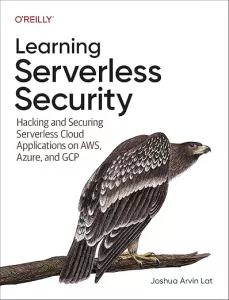|
Overview
|
- AWS’s fully managed container orchestration service for Docker containers.
- Designed for simplicity and ease of use.
- Seamless integration with AWS services and minimal management overhead.
- Tightly coupled with AWS, making it a cloud-native service.
|
- AWS’s managed Kubernetes service.
- Offers Kubernetes flexibility with AWS’s management and scaling.
- Ideal for teams needing Kubernetes features and ecosystem.
- Kubernetes is cloud-agnostic and has a loosely coupled architecture, allowing it to run across various cloud providers like Google Cloud, Azure, and others.
|
|
Features
|
- Simplifies container management without the need for control plane management.
- Deeply integrates with AWS services such as EC2, ECR, and IAM.
- Extends capabilities to on-premises environments.
- Offers serverless container management, eliminating the need to manage servers or clusters.
|
- Provides a fully managed Kubernetes control plane, handling upgrades and patching.
- Works seamlessly with AWS services like IAM, VPC, and Load Balancer.
- Supports on-premises Kubernetes clusters using VMware or AWS Outposts.
- Offers serverless Kubernetes pods, combining Kubernetes flexibility with serverless management.
|
|
Complexity & Control
|
- Ideal for straightforward applications with minimal management overhead.
- Lower learning curve, best for teams familiar with AWS.
|
- Suited for complex, microservices-oriented applications requiring detailed control and customization.
- Requires Kubernetes expertise, with a steeper learning curve but offers more granular control.
|
|
Cost
|
- Generally lower cost, especially with Fargate and EC2 Spot Instances. No separate control plane charge.
|
- Includes charges for the managed Kubernetes control plane in addition to compute and storage resources. Costs can be mitigated with Fargate and effective use of autoscaling features.
|
|
Portability
|
- Less portable; best suited for environments primarily within AWS.
|
- Ideal for multi-cloud or hybrid environments due to Kubernetes’ open standards.
|
|
Use Cases
|
- Simple, AWS-integrated applications.
- Quick deployments with minimal setup.
- Applications using AWS services extensively.
|
- Complex, microservices-based architectures.
- Multi-cloud or hybrid deployments.
- Environments requiring Kubernetes-native tools and integrations.
|
|
Security
|
- Provides robust security with IAM roles, VPC integration, and security groups.
|
- Offers detailed access control with Kubernetes Role-Based Access Control, enhanced by AWS IAM integration.
|

















